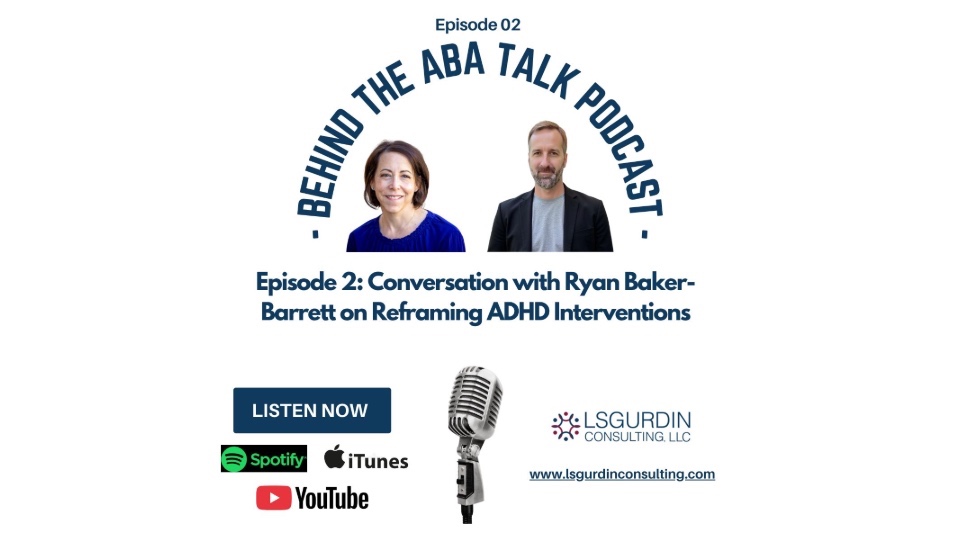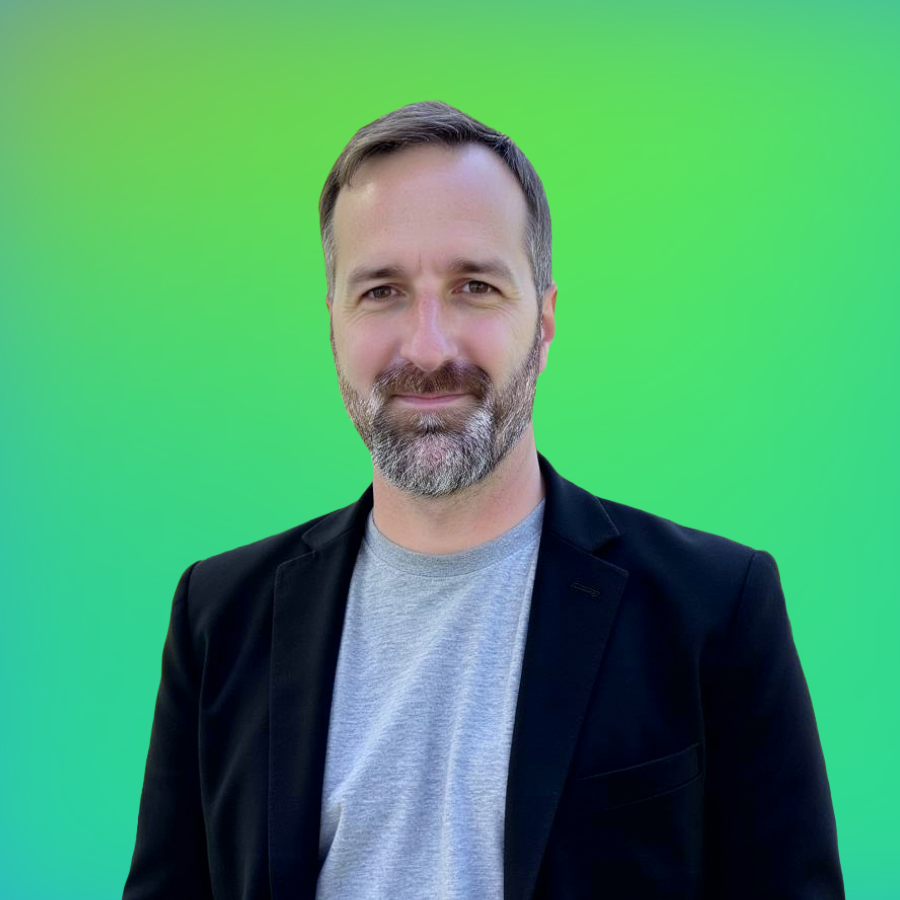There are no items in your cart
Add More
Add More
| Item Details | Price | ||
|---|---|---|---|
Getting diagnosed with ADHD later in life was a transformative experience. Like many adults who receive a late diagnosis, it brought clarity to years of challenges, patterns, and struggles that suddenly made sense in a new light.
Fri Oct 24, 2025
I recently had the privilege of joining Lisa Gurdin on the Behind the ABA Talk podcast for a deeply personal and professional conversation about ADHD. Over the course of 52 minutes, we explored my journey with ADHD from multiple perspectives: as someone who received a late diagnosis, as a parent raising a child with ADHD, and as a professional working to help others understand this complex condition.

Getting diagnosed with ADHD later in life was a transformative experience. Like many adults who receive a late diagnosis, it brought clarity to years of challenges, patterns, and struggles that suddenly made sense in a new light. It's one thing to read about ADHD in textbooks or clinical literature; it's quite another to live with it and then have that "aha moment" where so many pieces of your life suddenly click into place.
Raising a child with ADHD has been one of my most profound teachers. It's given me insights that no amount of professional training could provide. Watching my child navigate the world with ADHD has deepened my empathy, sharpened my understanding of effective interventions, and reminded me daily that ADHD isn't just a checklist of symptoms—it's a lived experience that affects every aspect of daily life.
One of the key themes Lisa and I discussed was the multidimensional nature of ADHD. For too long, ADHD has been reduced to stereotypes: the hyperactive child who can't sit still, the disorganized adult who can't focus. But the reality is far more nuanced. ADHD significantly impacts executive function, affecting working memory, emotional regulation, time management, and so much more.
We need to move beyond simplistic understandings and recognize that ADHD presents differently in different people. It's not a one-size-fits-all condition, and our interventions shouldn't be either.
The heart of our conversation centered on reframing how we think about ADHD interventions. Traditional approaches have often focused on "fixing" behaviors or making individuals with ADHD conform to neurotypical expectations. But what if we flipped the script? What if we focused on understanding, accommodating, and leveraging the unique ways ADHD brains work?
This reframing isn't about lowering expectations or making excuses. It's about meeting people where they are and building on their strengths while providing support for their challenges. It's about recognizing that what looks like "not trying hard enough" might actually be a fundamental difference in how the brain processes information and regulates attention.
What made this conversation particularly meaningful was the ability to draw from both my personal experiences and professional expertise. Having ADHD myself while also working in the field gives me a unique vantage point. I understand the research and the interventions, but I also understand what it feels like from the inside.
I'm grateful to Lisa Gurdin for creating a space where we could have this honest, multifaceted conversation about ADHD. Podcasts like Behind the ABA Talk are crucial for advancing our understanding and helping families, educators, and professionals move beyond outdated approaches.
If you're interested in learning more about ADHD, executive function, and how we can better support individuals with ADHD, I encourage you to check out the full episode. Whether you have ADHD yourself, are parenting a child with ADHD, or work with individuals with ADHD, I hope our conversation offers some valuable insights and perhaps a new way of thinking about this complex condition.
Listen to the full episode: Behind the ABA Talk Ep.2 - Conversation with Ryan Baker-Barrett on Reframing ADHD Interventions
Learn more about Lisa Gurdin's work at lsgurdinconsulting.com

Ryan Baker-Barrett
A California-based parent and BCBA.